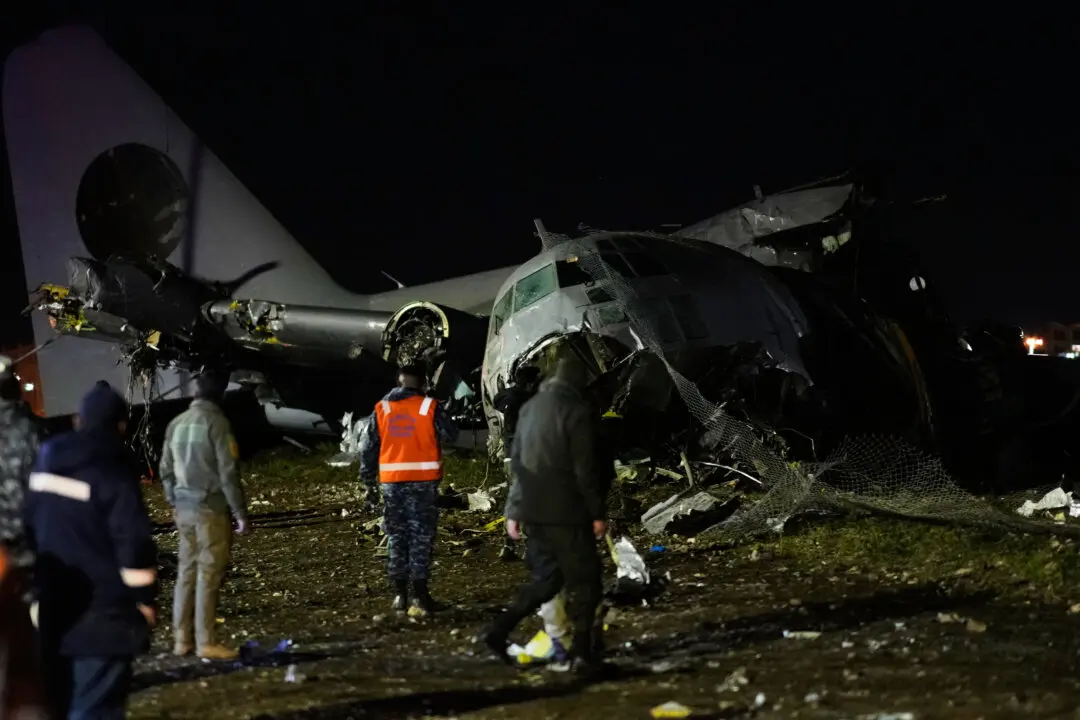WASHINGTON/SARAJEVO—The United States on Wednesday imposed fresh sanctions on Bosnian Serb leader Milorad Dodik and current and former officials as Washington warned of further action against those linked to destabilization or corruption.
The U.S. Treasury Department in a statement accused Dodik, already subject to U.S. sanctions under a different authority, of corruption and threatening the stability and territorial integrity of Bosnia and Herzegovina.





